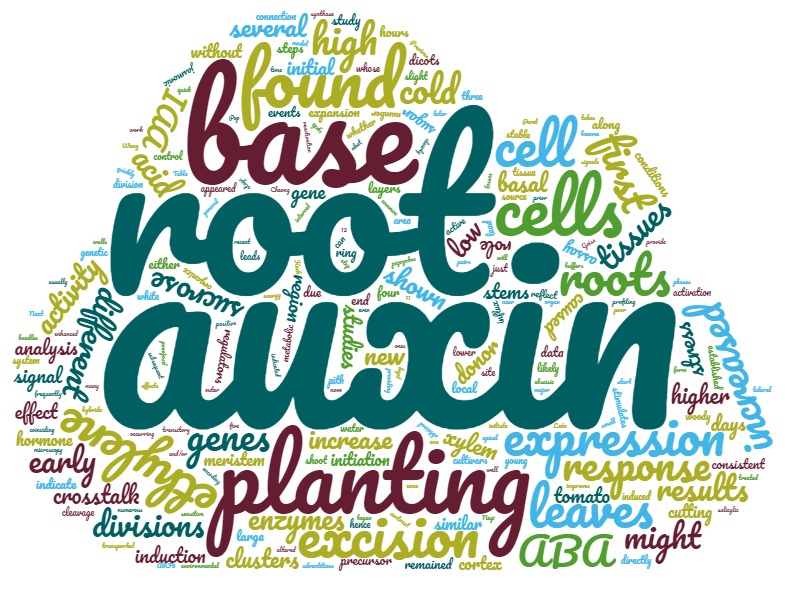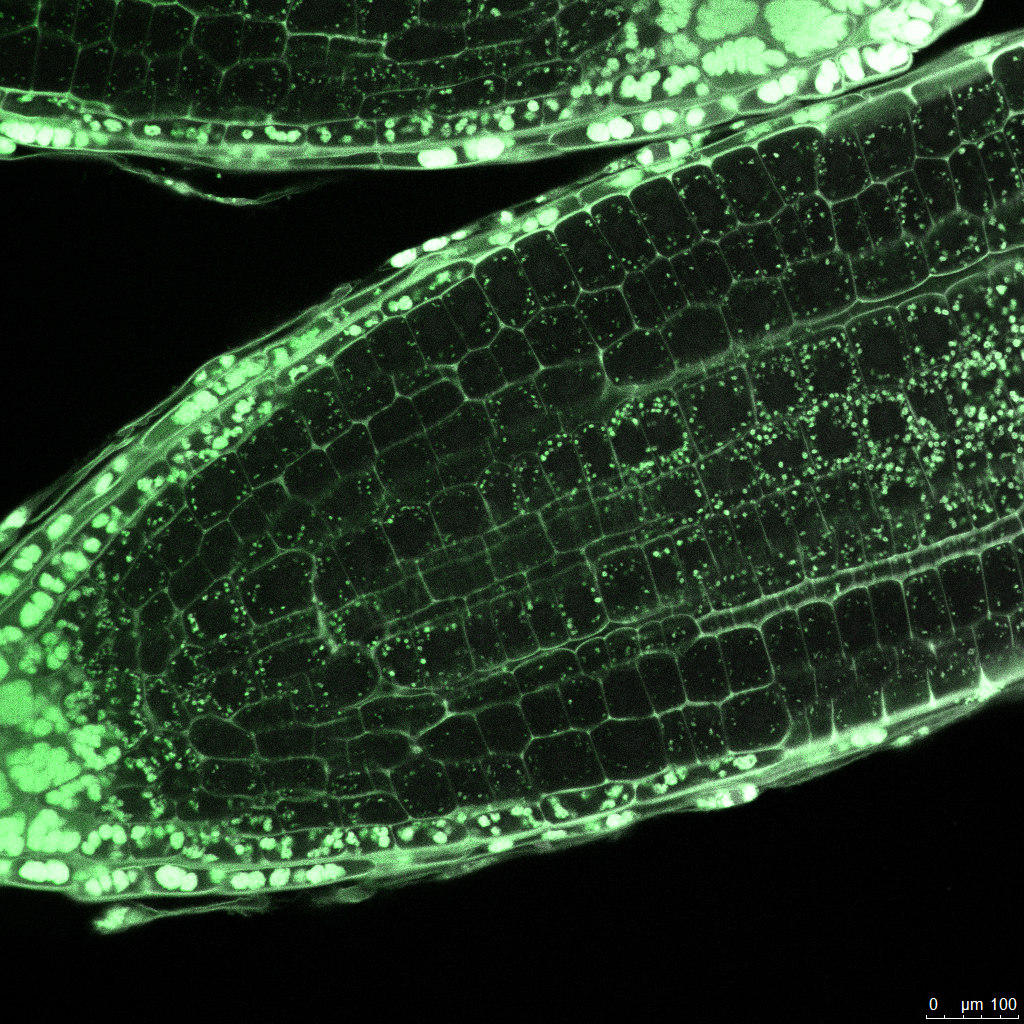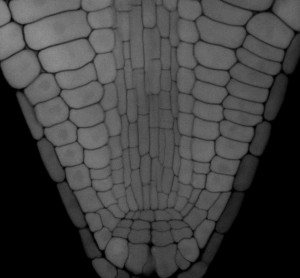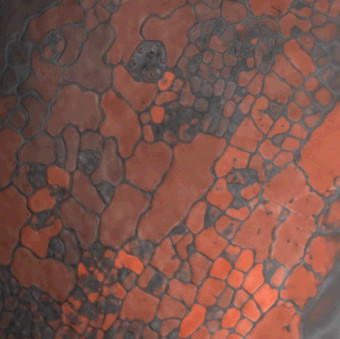|
In our lab, we have initiated the histological, physiological and molecular characterization of adventitious root formation in several tomato mutants and will expand our studies to a collection of commercial varieties, wild species and introgression lines. Using the molecular tools that have been generated previously in our lab, we will initiate the genetic analysis of adventitious root formation in carnation to identify loci involved in the observed differences in a mapping population derived from a cross between two varieties with antagonistic responses during the rooting of stem cuttings. |
||
|
|
Projects and funding entities:
|
Duration
|
Project title
|
Reference
|
Funding entity
|
|---|---|---|---|
| 2025.–.2022 | Genome-wide association studies of tomato root system architecture in relation to water and nutrient use efficiency | TED2021-132256B-C22 |  |
| 2025.–.2022 | Understanding the function of the LSD1 complex in adventitious root formation | PID2021-126840OB-I00 |  |
| 2021.–.2019 | Characterising novel regulators of adventitious root formation: role of histone demethylase LSD1 in regulating auxin responsiveness | RTI2018-096505-B-I00 |  |
| 2018.–.2016 | Comparative genomics of adventitious root formation in tomato and carnation | BIO2015-64255-R |  |
| 2015.–.2013 | Hormonal and genetic requirements of adventitious root formation | AGL2012-33610 |  |




 Our previous results on the characterization of adventitious root formation in three phylogenetically-distant dicotyledonous (Arabidopsis, tomato and carnation) revealed the central role of hormonal regulation and suggested the existence of common genetic mechanisms. However, our knowledge about the eventual conservation of the gene regulatory networks that control the formation of adventitious roots in non-model species is quite limited.
Our previous results on the characterization of adventitious root formation in three phylogenetically-distant dicotyledonous (Arabidopsis, tomato and carnation) revealed the central role of hormonal regulation and suggested the existence of common genetic mechanisms. However, our knowledge about the eventual conservation of the gene regulatory networks that control the formation of adventitious roots in non-model species is quite limited.

